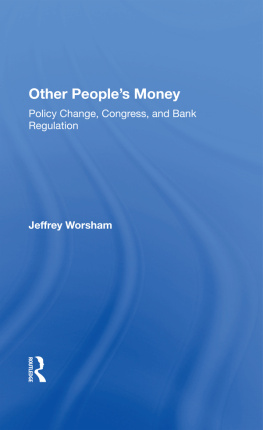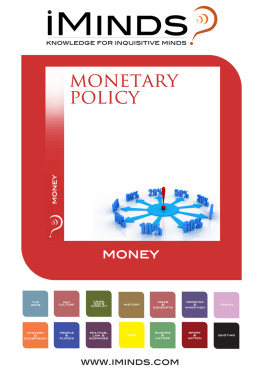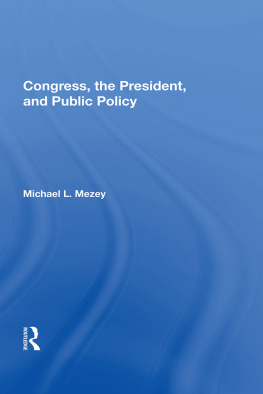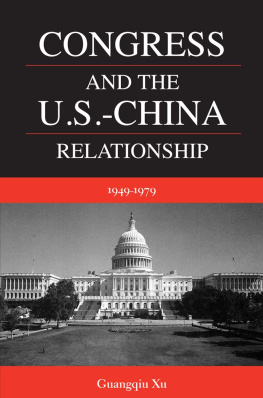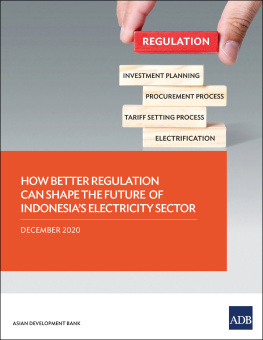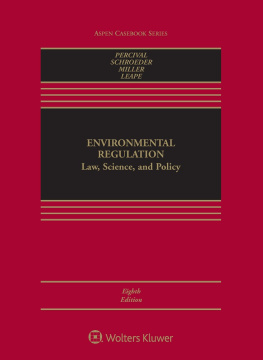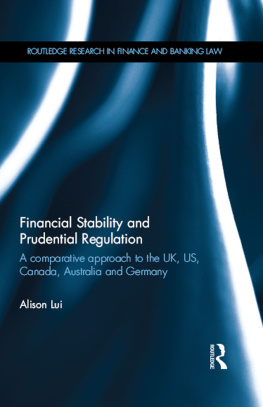Jeff Worsham - Other Peoples Money: Policy Change, Congress, and Bank Regulation
Here you can read online Jeff Worsham - Other Peoples Money: Policy Change, Congress, and Bank Regulation full text of the book (entire story) in english for free. Download pdf and epub, get meaning, cover and reviews about this ebook. year: 1997, publisher: Westview Press, genre: Politics. Description of the work, (preface) as well as reviews are available. Best literature library LitArk.com created for fans of good reading and offers a wide selection of genres:
Romance novel
Science fiction
Adventure
Detective
Science
History
Home and family
Prose
Art
Politics
Computer
Non-fiction
Religion
Business
Children
Humor
Choose a favorite category and find really read worthwhile books. Enjoy immersion in the world of imagination, feel the emotions of the characters or learn something new for yourself, make an fascinating discovery.
- Book:Other Peoples Money: Policy Change, Congress, and Bank Regulation
- Author:
- Publisher:Westview Press
- Genre:
- Year:1997
- Rating:3 / 5
- Favourites:Add to favourites
- Your mark:
- 60
- 1
- 2
- 3
- 4
- 5
Other Peoples Money: Policy Change, Congress, and Bank Regulation: summary, description and annotation
We offer to read an annotation, description, summary or preface (depends on what the author of the book "Other Peoples Money: Policy Change, Congress, and Bank Regulation" wrote himself). If you haven't found the necessary information about the book — write in the comments, we will try to find it.
Jeff Worsham: author's other books
Who wrote Other Peoples Money: Policy Change, Congress, and Bank Regulation? Find out the surname, the name of the author of the book and a list of all author's works by series.
Other Peoples Money: Policy Change, Congress, and Bank Regulation — read online for free the complete book (whole text) full work
Below is the text of the book, divided by pages. System saving the place of the last page read, allows you to conveniently read the book "Other Peoples Money: Policy Change, Congress, and Bank Regulation" online for free, without having to search again every time where you left off. Put a bookmark, and you can go to the page where you finished reading at any time.
Font size:
Interval:
Bookmark:
regulation / Jeffrey Worsham.
and bankingGovernment policyUnited States.3. Pressure groups
United States.I. Title.II. Series.
CIP
| ABA | American Bankers Association |
| ATM | automatic teller machine |
| CUNA | Credit Union National Association |
| DIDC | Depository Institutions Deregulation Committee |
| DIDMCA | Depository Institutions Deregulation and Monetary Control Act |
| EFT | electronic fund transfer |
| FDIC | Federal Deposit Insurance Corporation |
| FHLBB | Federal Home Loan Bank Board |
| Fed | Federal Reserve Board |
| FINE | Financial Institutions and the Nations Economy |
| FSLIC | Federal Savings and Loan Insurance Corporation |
| IBAA | Independent Bankers Association of America |
| MMDA | money market demand account |
| MMF | money market fund |
| NCC | National Credit Corporation |
| NCUA | National Credit Union Administration |
| NLISA | National League of Insured Savings Associations |
| NMC | National Monetary Commission |
| NOW | negotiable order of withdrawal |
| NSLL | National Savings and Loan League |
| NYCHC | New York Clearing House Committee |
| OCC | Office of the Comptroller of the Currency |
| OMC | Open Market Committee |
| OTS | Office of Thrift Supervision |
| RFC | Reconstruction Finance Corporation |
| RTC | Resolution Trust Corporation |
| SEC | Securities and Exchange Commission |
| USLSA | United States League of Savings Associations |
| USSLA | United States Savings and Loan Association |
Doing the Subsystem Two-Step
Font size:
Interval:
Bookmark:
Similar books «Other Peoples Money: Policy Change, Congress, and Bank Regulation»
Look at similar books to Other Peoples Money: Policy Change, Congress, and Bank Regulation. We have selected literature similar in name and meaning in the hope of providing readers with more options to find new, interesting, not yet read works.
Discussion, reviews of the book Other Peoples Money: Policy Change, Congress, and Bank Regulation and just readers' own opinions. Leave your comments, write what you think about the work, its meaning or the main characters. Specify what exactly you liked and what you didn't like, and why you think so.

